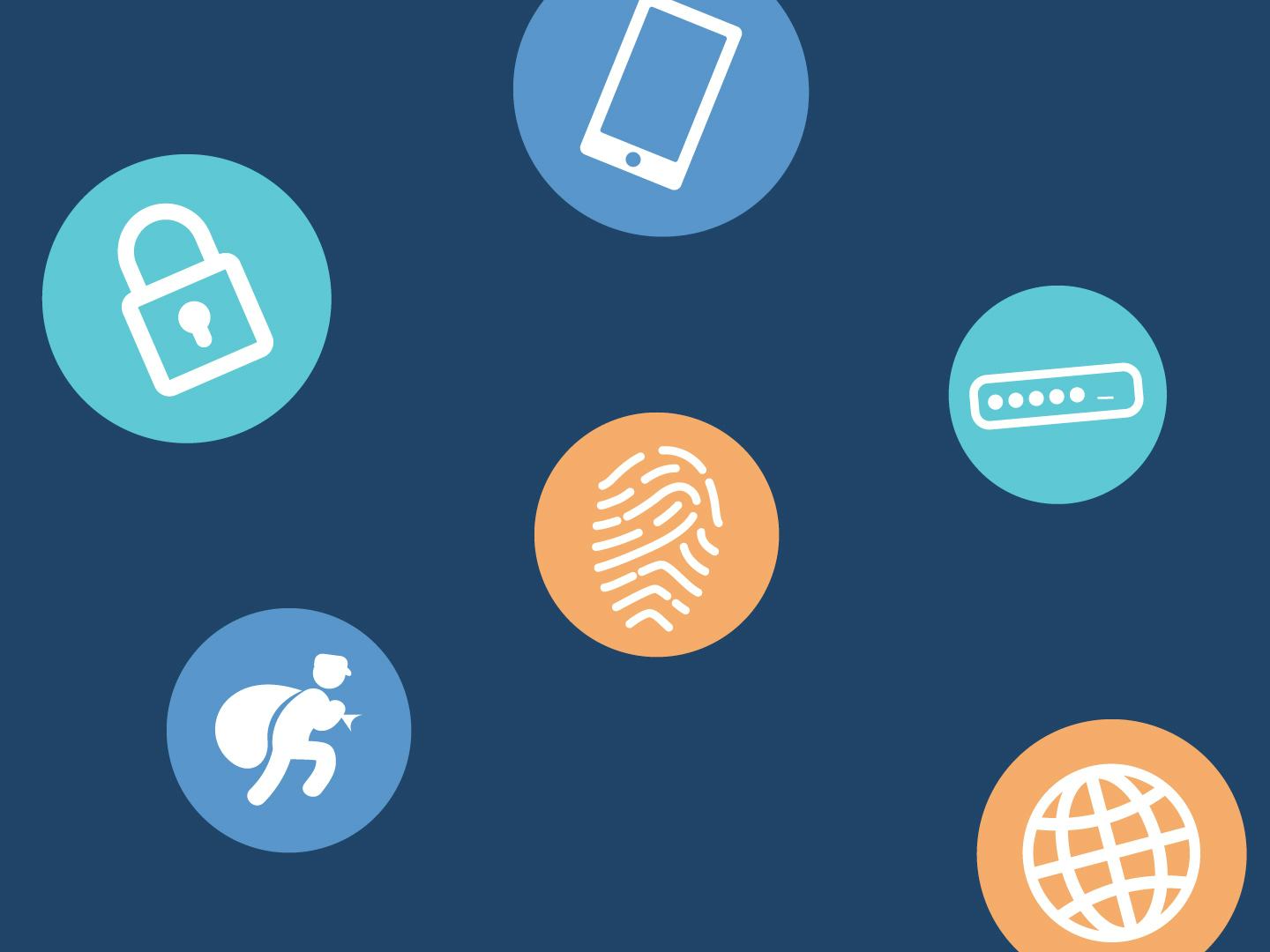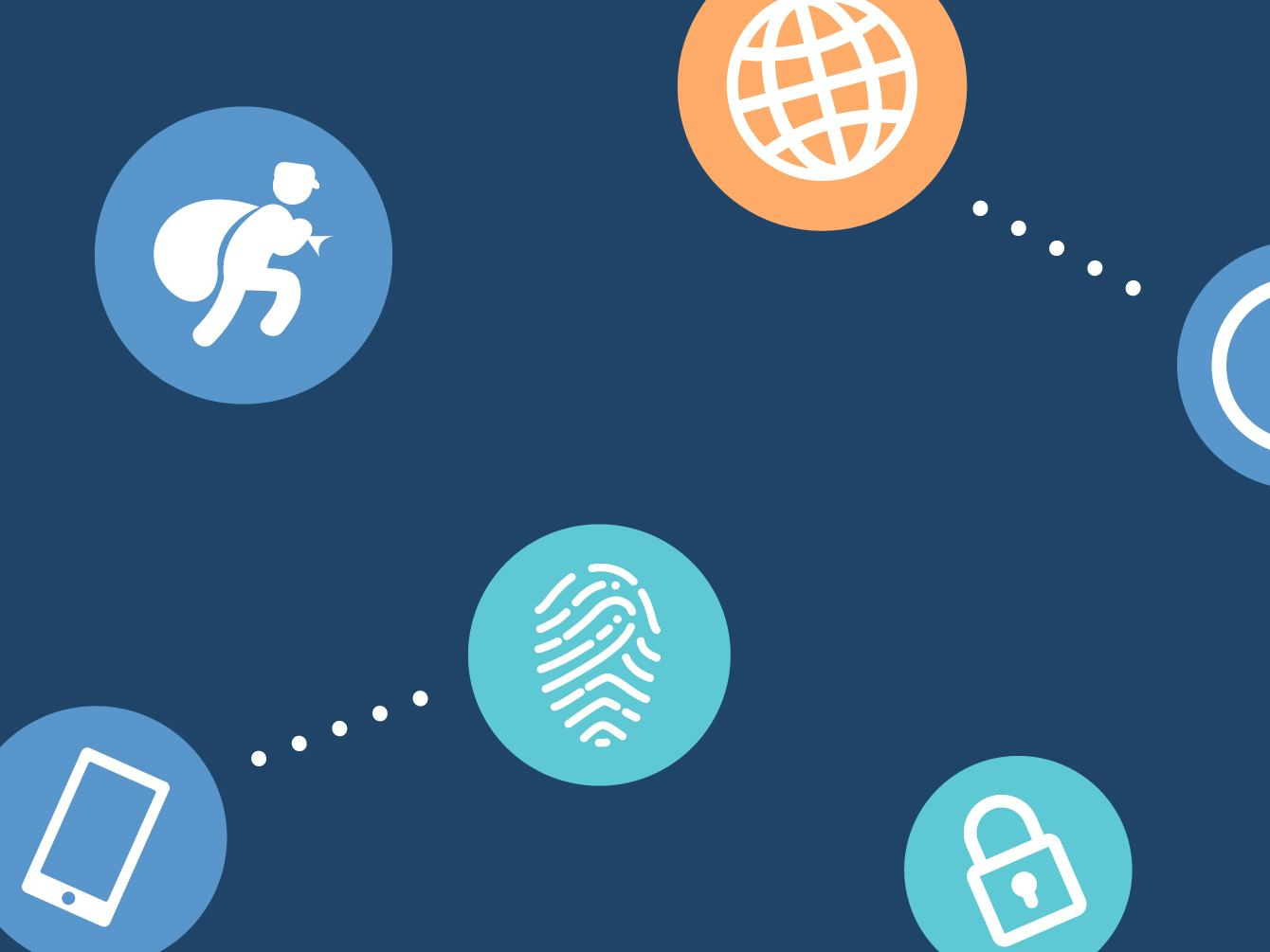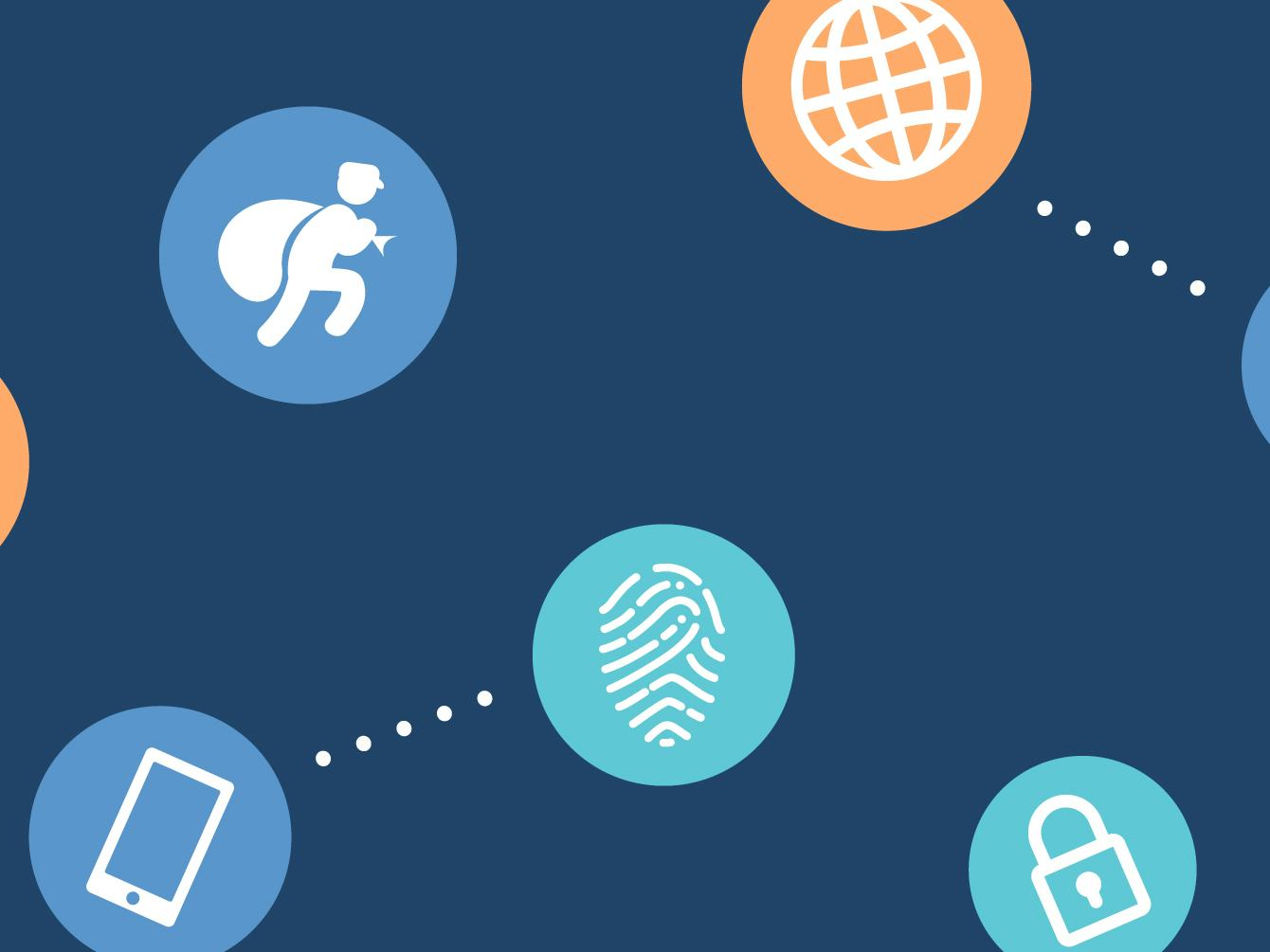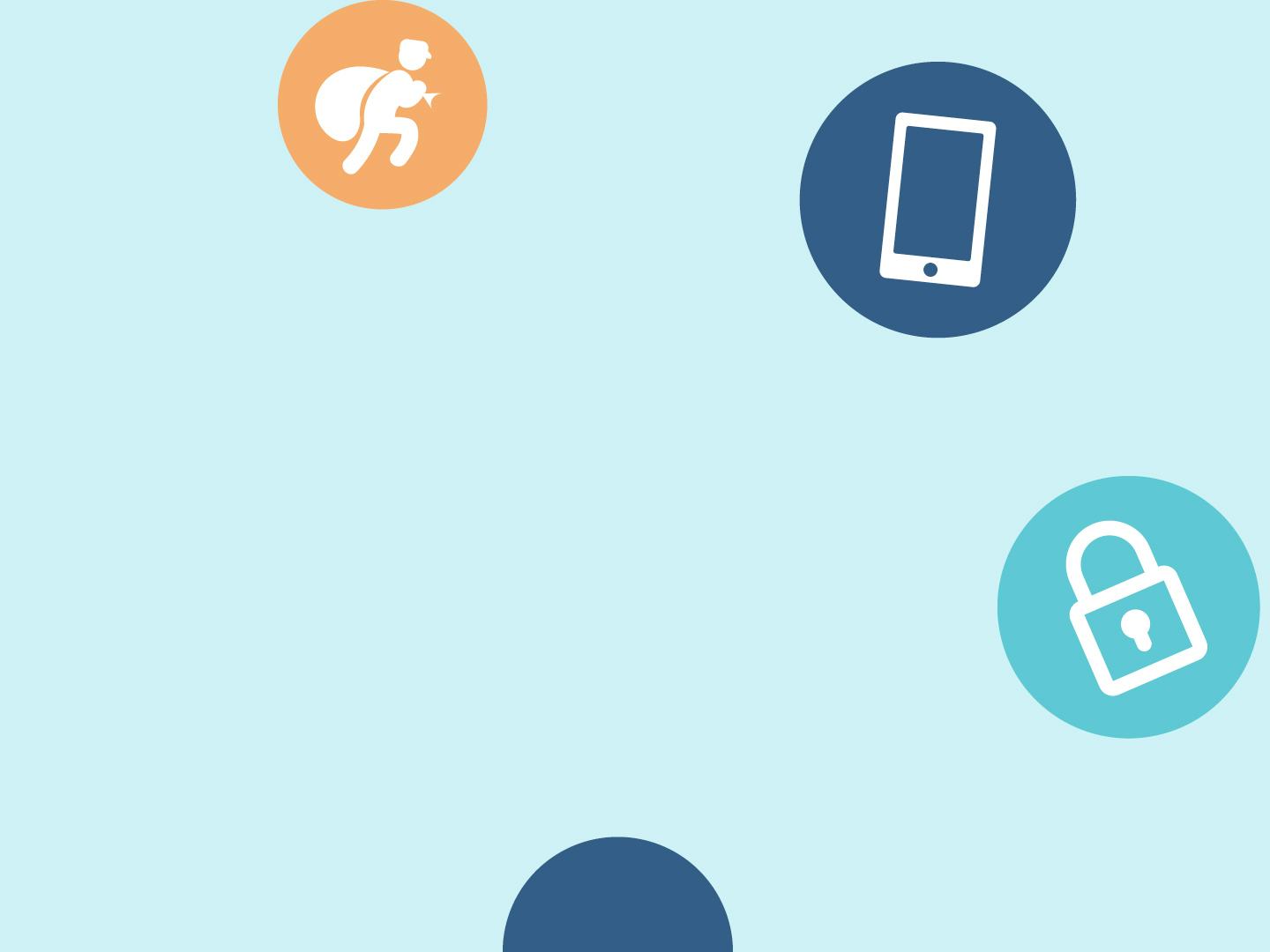We want to warn our customers against cybercrime activity, especially attempts perpetrated through social media and messaging apps, which have been rampant of late.
The fraudsters try various approaches. Here’s one example:
Step 1
Cybercriminals hack and take over a private Facebook, Messenger or Instagram account.
Step 2
Next, they send messages to people on the hacked person’s friend list. The message encourages the recipient to participate in an online competition or game that requires that they send their phone number.
Step 3
The fraudsters will then go on to ask for your payment card number, validity period and CVC, all in order “to participate and receive winnings” - but of course, there is no game or prize.
Step 4
If you send your phone number, you’ll get the reply that you’ll soon receive a text message with an authentication number or code which you’re asked to forward.
Step 5
The fraudsters use the payment card information you gave them to purchase goods/services (see step 3). To finalise payment, they need the code from the text messages (see step 4).
In many instances, these fraudsters manage to charge high amounts to cards using the method described above, even maxing them out. The loss can be significant.
This is just one example of the devious methods cybercriminals use. Please remember, never respond to such messages with your payment card number, login information to online banking or security code you get in a text, social media platforms or emails. If one of your social media contacts asks for such information, that person has almost certainly been hacked.
If you believe you’ve been the victim of cybercrime, contact your bank and the police without delay.




